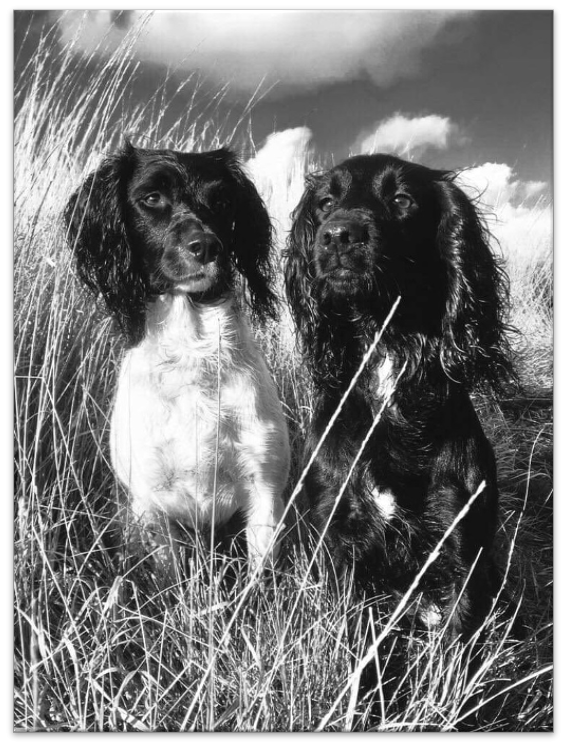Researchers at RVC explored the spatial and seasonal distribution and environmental risk factors for leptospirosis in dogs in GB
Leptospirosis is an important zoonotic disease, widely distributed across the world and mammalian species. Disease can range from asymptomatic to fatal, generally by causing liver and kidney damage. Leptospirosis cases in other countries have been associated with a range of agroecological variables such as flooding, proximity to livestock and warmer temperatures. Additionally, different serogroups (species) of leptospirosis may have different environmental preferences. However, these associations had not been explored in GB, to date.
Researchers at RVC, funded through the BBSRC LIDo programme alongside industry partners MSD Animal Health, utilised lab test results for leptospirosis cases and non-cases from IDEXX Laboratories to explore spatial and seasonal disease variation, identify areas with high or low risk and to explore agroecological variables.
Key findings from this study were:
-> A seasonal pattern of leptospirosis in GB, with increased risk in Autumn
-> Overall high probability of leptospirosis presence in southern England and low in northern England and Scotland - but this varied by serogroup
-> High risk of a positive test result in the West and East Midlands -> Warmer temperatures were associated with increased probability of leptospirosis being present
-> Different serogroups occupied different ecological niches, suggesting risk factors for infection by different serogroups varied
Findings from this study suggest that the risk of the disease is variable across GB, which may relate to agroecological variables such as temperature and livestock density. Since increasing temperature was an important predictor for disease, leptospirosis could become more widespread or important in the future. Additionally, vets should still consider testing for leptospirosis in GB, even in vaccinated dogs, as although existing formulations provide coverage against most serogroups, one serogroup (Sejroe) is not in current vaccine formulations.

Citation: Spatio-temporal distribution and agroecological factors associated with canine leptospirosis in Great Britain. (2021)
Taylor, C; Brodbelt, DC; Dobson, B; Catchpole, B; O'Neill, DG; Stevens, KB
Preventative Veterinary Medicine (193): 105407
You may also be interested in:
-
A painful tail: RVC research reveals which dogs have greatest risk of a tail injury
A new study from the Royal Veterinary College (RVC) has found that the Boxer, English Springer …

